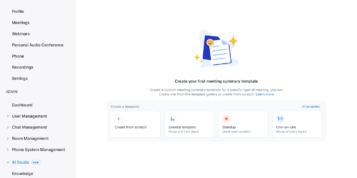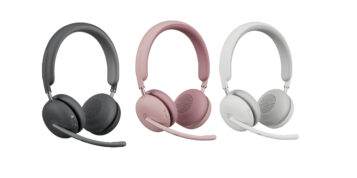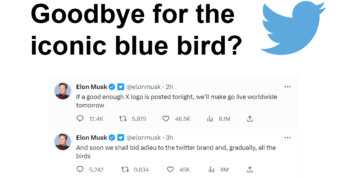Opera is set to become the first big desktop browser to include a built-in ad blocker in a move the company claims will speed up loading times by as much as 90 percent.
The Norwegian firm has released a developer version of the Opera desktop browser with built-in ad blocking that can be turned on or off with a simple switch. Although it is still in its infancy, it will eventually be widely released for computer and phone browsers, where it could well give Opera an edge over its competition.
Loads sites faster than other options
While third-party ad blocker plugins are available for many popular browsers, Opera says its solution loads sites around 40 percent faster than third-party options.
Opera told TechCrunch that the browser loads pages 45 percent faster on average than Chrome with the AdBlock Plus plug-in turned on, while it beats Firefox with AdBlock Plus turned on by 21 percent.
The browser has a running counter showing how many ads have been blocked. It will let users set up whitelists for sites that they want to allow ads to appear on. There is also a feature that enables users to compare load times with the blocker off and on.
Opera hopes browser will spur big changes in online ads
Not only is Opera incorporating built-in ad blocking. It is also actively encouraging users to turn the feature on to boost their browsing experience. The move is raising more than a few eyebrows considering the fact that Opera owns an online advertising firm.
Opera’s Senior Vice President of Engineering Krystian Kolondra says: “Advertising fuels the internet, allowing for many services to be free for users. But, as our new research shows, most webpages today are significantly slowed down by bloated ads and heavy tracking. We don’t accept it – we want the web to be a better place for us all, as users.”
He said that they discovered that browsers spent a lot more time handling ads and trackers than earlier believed. He added that he feels the demand for ad blocking will subside when advertisers create ads that are engaging and relevant to users.
Opera launched its first browser back in 1995 before shifting its focus to the mobile market. Many of Opera’s past innovations are now standard in the dominant browsers, such as pop-up blocking and tabbed browsing.
However, browsers such as Google’s Chrome might be hesitant to follow suit given the fact that unlike Opera, Google’s business model is largely dependent on selling online advertising.
Ad blocking on the rise
If native ad blocking does become widely adopted, changes could be in store for all internet users. Some sites have already been detecting the presence of ad-blocking plugins and asking users to them off to support the site, while others flat out refuse to serve content to those who are using ad blockers.
PageFair/Adobe report that ad blocking rose by 48 percent in the US in the first quarter of 2015. Around 16 percent of the American population uses ad blockers, and they estimate that around 20 percent of all global browser users block ads. The IAB UK Report also shows the number of number of British adults online currently using ad blocking software increased to 22% from 18% in October.
Of course, the problem could just keep building on itself if positive changes are not made. Kolondra said: “My worry is that unless the problem with the bad ads is fixed, we can just expect more anti anti-adblockers appearing on the market, and then anti-anti-anti-anti-adblockers.”
Opera says it has 60 million active monthly desktop users around the world. It currently ranks fifth behind popular computer browsers from Microsoft, Google, Firefox, and Apple.





